
The Price of Thirst
Global Water Inequality and the Coming Chaos
Recommendation
This chilling, upsetting book reports that corporate, governmental and quasi-governmental institutions deliberately control or diminish the world’s clean water supply, creating humanitarian problems in a quest for profits. If you have ever taken water for granted, think again. Drinkable water is a rare commodity worldwide; one-fifth of the world’s population lacks access to clean water. This dismal fact results, in part, from a twisted system that privatizes water and profits from it. Author Karen Piper spent “almost a decade” researching this tough topic in areas of water crisis worldwide and has produced a great story. With “despair about water inequality,” she reports that powerful political, corporate and economic forces have hijacked an essential, precious natural resource with no apparent accountability. getAbstract recommends this important, shocking report on resource management, global warming, politics, the environment and fiscal abuse to NGOs, investors, entrepreneurs and anyone interested in the politics of resource management and conservation.
Summary
About the Author
University of Missouri professor Karen Piper wrote Cartographic Fictions and the “eco-thriller” Left in the Dust. She received Sierra magazine’s Nature Writing Award.









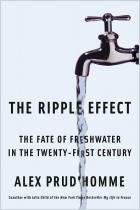
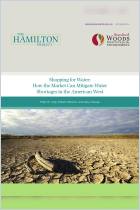
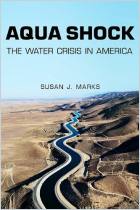
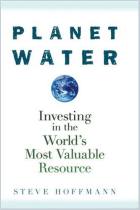
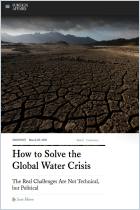






Comment on this summary or Diskussion beginnen